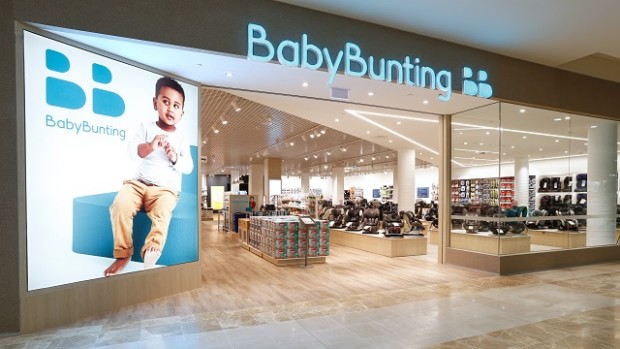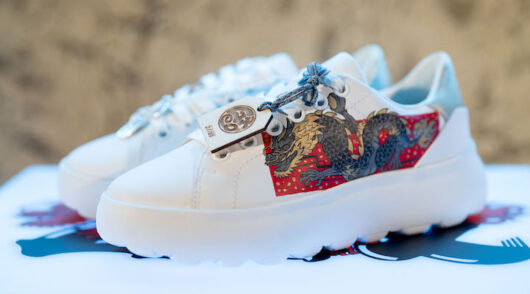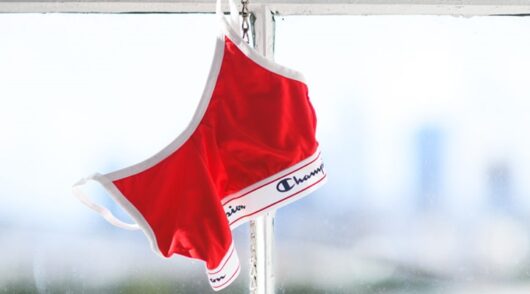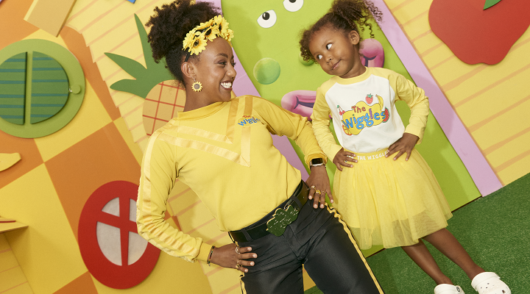
Despite a rocky rollout of its redesigned website, and receiving no fiscal support from the government’s JobKeeper program, Baby Bunting has delivered relatively strong results during a turbulent year.
Total sales for FY20 grew 11.8 per cent to $405.2 million, while online sales grew 39.1 per cent. Sales in Baby Bunting’s private label and exclusive products rose 47.9 per cent, and now make up over a third of total sales.
And while net profit rose 34.1 per cent to $19.1 million transformation costs relating to digital technology and an impairment of brand assets led to a statutory net profit of $10 million.
CEO and managing director Matt Spencer said in the context of a year that has been “anything but normal” the results are very pleasing, and if anything Baby Bunting is looking to grow, not shrink, its way through Covid-19.
“While the Covid-19 pandemic has presented some unexpected challenges, we remain focused on executing on our growth strategy,” Spencer said.
This growth strategy includes a physical expansion into over 100 stores, an expansion of its private label brands, and an expansion of its services department into more than just car seat installation.
Additionally, the business will launch a new loyalty program in FY21, and a move to a purpose built distribution center in Dandenong South, Victoria, in the second half of FY21.
Baby Bunting has also started shipping to New Zealand customers and is assessing the market – possibly for a larger expansion.
“We are all adapting to the current circumstances and responding as new issues arise. However, we continue to look at the bigger picture. The strategic initiatives we are announcing today, and others being developed, are designed to set the groundwork for further growth in the years ahead,” Spencer said.
Despite the positivity Baby Bunting opted to forego giving guidance on FY21 earnings on the risk that trading conditions will one again fluctuate greatly throughout the next financial year.
Update: This article originally said Baby Bunting declared a net loss of $10m in FY20. This was incorrect and has been amended.





